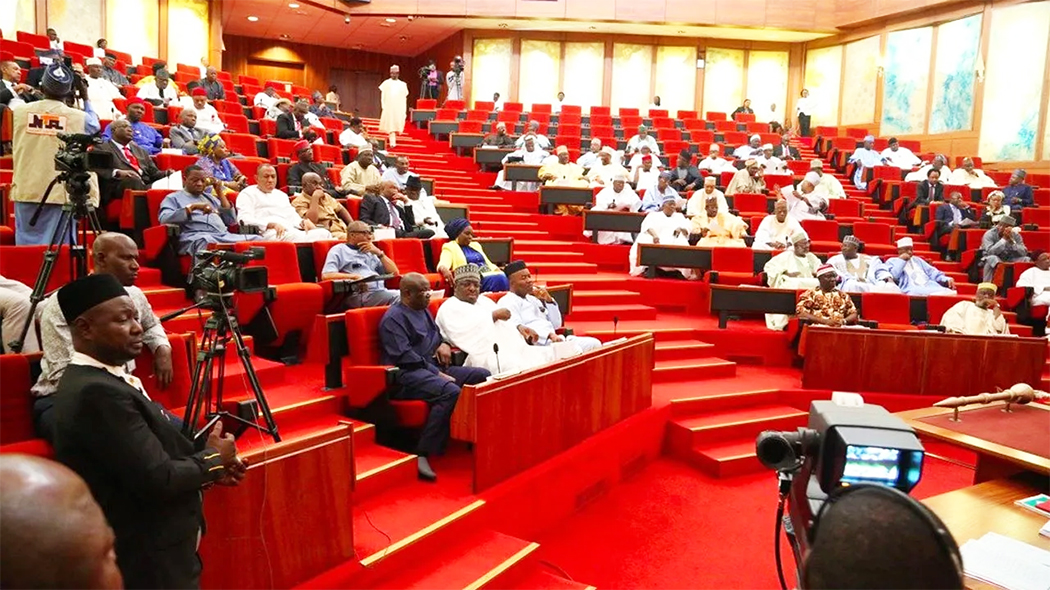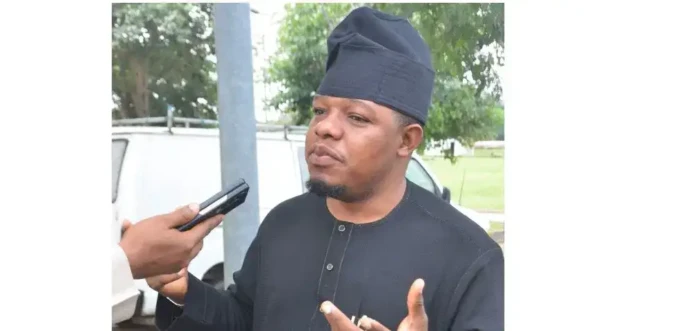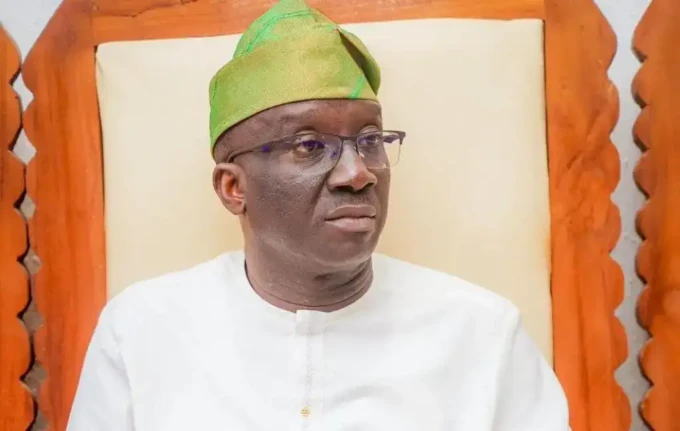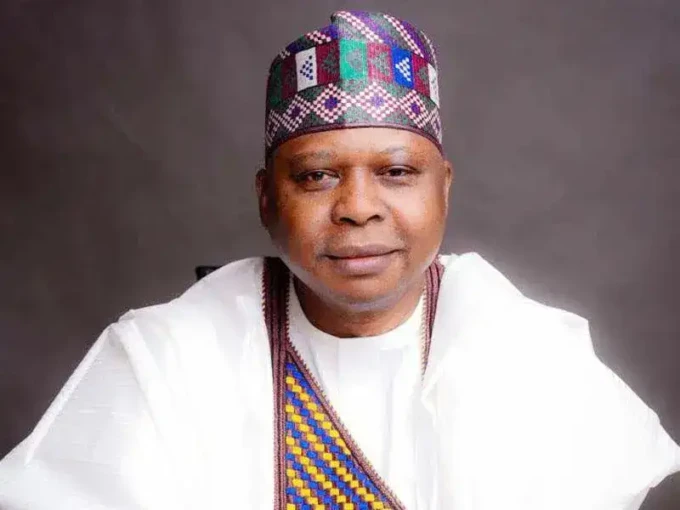On March 18, 2025, the Nigerian House of Representatives passed four Tax Reform Bills for their third reading, marking a significant step in overhauling the nation’s tax system. These bills, originally transmitted to the National Assembly by the Executive arm in October 2024, had stirred considerable debate and opposition before reaching this stage. During last Thursday’s plenary, the House reviewed and approved the report from its Committee on Finance, which incorporated feedback from Nigerians and refined the contentious legislation.
The passage came after months of controversy, with northern leaders, the Nigeria Governors’ Forum (NGF), and various interest groups voicing strong objections to certain provisions. Critics, particularly from the North, argued that elements of the bills—such as the proposed Value Added Tax (VAT) derivation model—disadvantaged their region. However, extensive consultations, including a three-day public hearing and an eight-day retreat brokered by Speaker Tajudeen Abbas, allowed lawmakers to address these concerns and harmonize differing perspectives.
During yesterday’s plenary, House Leader Julius Ihonvbere moved the motions for the third reading of the four bills, each addressing distinct aspects of tax reform:
Nigeria Tax Administration Bill: This bill establishes mechanisms for the assessment, collection, and accounting of revenues accruing to the Federation, states, and local governments, while defining the powers and functions of tax authorities.
Nigeria Revenue Service (Establishment) Bill: This legislation repeals the Federal Inland Revenue Service (FIRS) Act of 2007, replacing it with the Nigeria Revenue Service, tasked with managing federal revenue collection and administration.
Joint Revenue Board Establishment Bill: This bill creates the Joint Revenue Board, Tax Appeal Tribunal, and Office of the Tax Ombudsman to streamline revenue administration, coordinate efforts, and resolve disputes.
Nigeria Tax Bill: This comprehensive bill repeals multiple existing tax laws, consolidating legal frameworks to govern the taxation of income, transactions, and instruments.
Ihonvbere’s motions were met with unanimous approval from members, who voted to pass all four bills for the third time. With this milestone achieved in the Green Chamber, the bills now await Senate approval. Should the Senate pass them, any differences between the Red and Green Chambers’ versions will be reconciled through harmonization before being sent to President Bola Ahmed Tinubu for assent.
The journey to this point was fraught with resistance, particularly from northern lawmakers wary of regional inequities. The House’s efforts to engage stakeholders—through public hearings and retreats—demonstrated a commitment to balancing national interests with regional concerns. Committee on Finance Chairman James Faleke had earlier expressed confidence that the refined bills would be acceptable to Nigerians, a sentiment echoed in the eventual passage. As the legislative process advances, these reforms promise to reshape Nigeria’s fiscal landscape, aiming for greater efficiency, transparency, and revenue mobilization.












Leave a comment